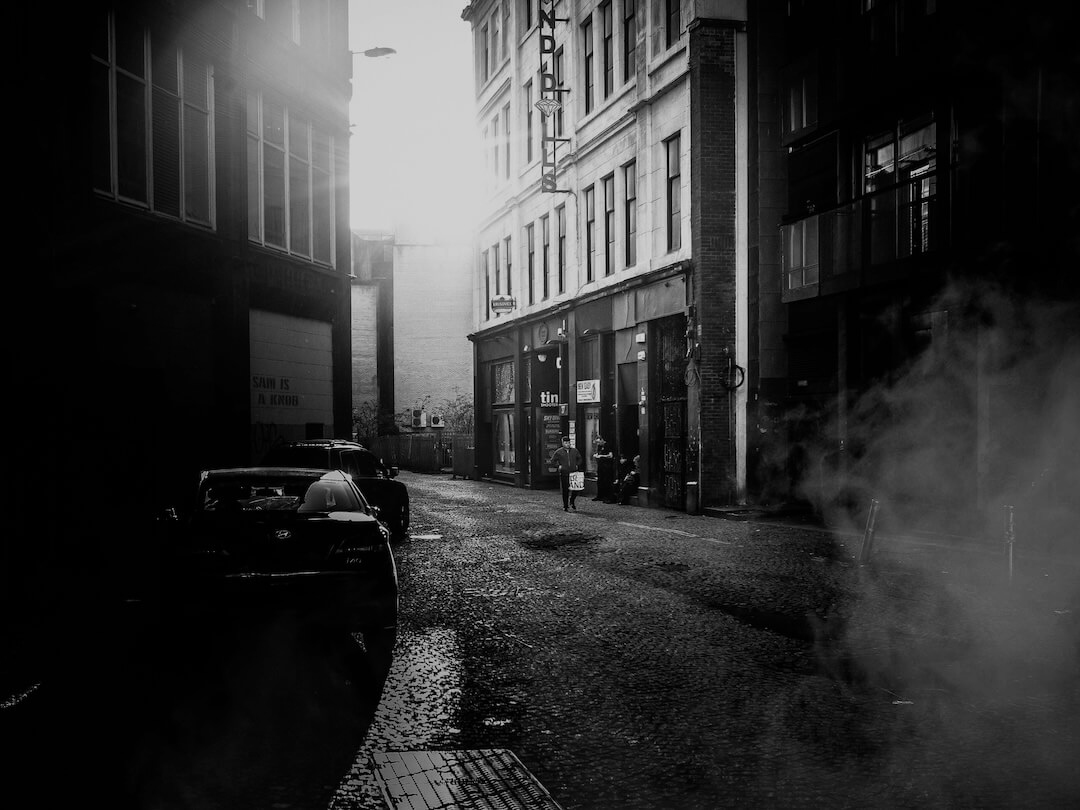

Stephen Graham Jones’s The Only Good Indians is a devastating, slow-burn horror novel that grips you with guilt, memory, and the lingering specter of tradition. Mixing supernatural terror with a deep psychological exploration of cultural identity, this novel forces readers to sit with uncomfortable truths about heritage, masculinity, and the price of betrayal.
The story follows four Blackfeet men—Ricky, Lewis, Gabe, and Cassidy—who, years after violating tribal hunting rules in their youth, find themselves stalked by a vengeful spirit. What at first seems like a haunting rooted in guilt soon morphs into a brutal hunt, with each man forced to confront not only the wrong they committed, but the parts of themselves they can no longer escape.
Jones’s horror isn’t flashy—it’s patient, unsettling, and steeped in inevitability. The dread builds like a slow drumbeat in your chest, and when violence erupts, it’s shocking precisely because of how much Jones makes you care for these deeply flawed, deeply human characters.
The Only Good Indians hit me like a slow-building nightmare. At first, you think it’s about a simple curse or revenge. But the real horror is how trauma roots itself inside you and keeps growing, unnoticed, until it owns you. Jones’s writing is brutally intimate—you’re not just witnessing the characters’ unraveling, you’re inside it.
One of the most powerful moments for me was Lewis’s unraveling at work. Watching his world implode not just because of the spirit’s manipulations, but because of his inability to forgive himself, made the horror feel all the more real. It's not just an outside force; it's a reckoning.
If I had one critique, it’s that the book’s structure can feel uneven at times. The shift between Lewis’s slow spiral and the explosive chaos of the later chapters is jarring—but honestly, that whiplash is part of the point. Violence and death don't come when you’re ready; they kick the door in.
Guilt and Consequences: The men's actions during the illegal elk hunt reverberate years later. Guilt doesn’t fade—it festers, and eventually demands payment.
Cultural Identity and Alienation: Each character wrestles with being Native in modern America—caught between upholding traditions and surviving in a world that constantly marginalizes them.
Masculinity and Vulnerability: Jones digs into how these men’s identities are shaped by masculinity, pride, and an inability to show vulnerability.
The Inescapable Past: This novel argues you can’t outrun the past, no matter how far you think you've gone.
The Spirit of the Land: The elk-headed woman is a manifestation of nature itself demanding respect, a living anger older than any of the characters.
Brutal Intimacy: Jones’s prose feels like a private confession you were never meant to hear—raw and unfiltered.
Shifts in POV: The story moves between perspectives—sometimes mid-scene—creating a dreamlike instability.
Blending Genres: Horror, literary fiction, psychological drama—Jones doesn’t separate them. They bleed into each other.
Authentic Cultural Voice: Native traditions and experiences are deeply embedded in the story without over-explanation, adding powerful authenticity.
Fragmented Timeline: The narrative stitches itself together in nonlinear flashes of the past and present.
Escalating Dread: A slow psychological buildup that erupts into violent, brutal horror.
Brutal Set Pieces: Jones punctuates tension with bursts of shocking violence, magnifying the emotional impact.
The Only Good Indians is a raw, beautifully brutal exploration of heritage, guilt, and consequences. Stephen Graham Jones delivers horror that wounds you, not just scares you, leaving you haunted long after the story ends.
The Only Good Indians is a masterful achievement in horror fiction. It’s chilling, thought-provoking, and emotionally devastating all at once. If you’re looking for a story that blends supernatural terror with deep cultural resonance and human tragedy, this is an absolute must-read.
If you were captivated by the emotional depth and supernatural horror of The Only Good Indians, here are a few more powerful, unsettling reads worth exploring:
Mapping the Interior by Stephen Graham Jones
A novella about a Native boy who believes he sees his dead father inside his house. It explores identity, loss, and the ghostly ties to family in an eerie, heart-wrenching way.
My Heart is a Chainsaw by Stephen Graham Jones
Another Jones masterpiece, this one leans into slasher tropes while deeply examining trauma, identity, and belonging, all through the eyes of a brilliant, broken heroine.
There There by Tommy Orange
Though not horror, this novel explores modern Native identity and generational trauma with a devastating emotional weight. Perfect for readers who appreciated the cultural layers of The Only Good Indians.
Experimental Film by Gemma Files
A slow-burn, layered horror novel about a cursed film and the desperate, painful ways we search for meaning. Files’s writing mirrors Jones’s in its ability to blend personal loss with supernatural dread.
The Fisherman by John Langan
A cosmic horror novel about grief and memory wrapped inside a ghost story—perfect for readers drawn to horror with emotional resonance and mythic undertones.
Night of the Mannequins by Stephen Graham Jones
A short, fast-paced horror novella where a prank involving mannequins spins into an unsettling exploration of guilt and reality. Another showcase of Jones’s razor-sharp storytelling.
White Horse by Erika T. Wurth
Native horror featuring a haunted bracelet and generational trauma, Wurth’s novel captures a similarly raw blend of supernatural dread and emotional truth.
Rating: 5/5
Select a citation style:
If copying fails, use the text below:
Jamie Bucuy is a psychological horror and thriller writer with a Master of Fine Arts in Creative Writing. Specializing in literary analysis and the exploration of weird fiction, Jamie provides readers with insightful reviews that uncover the thematic and stylistic intricacies of classic and modern horror stories.
Stay updated with the latest news and releases from Jamie Bucuy